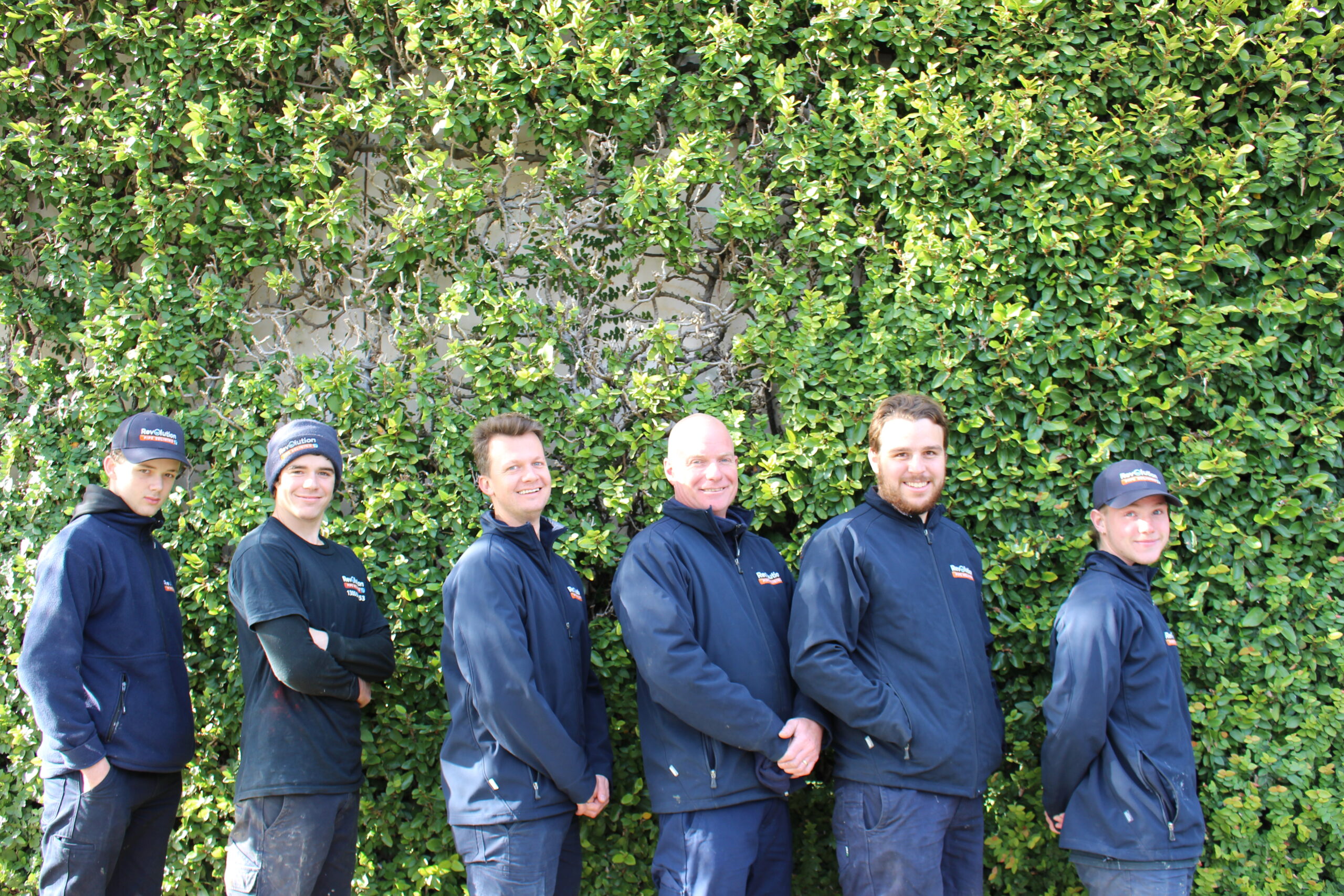
26 Mar Why North Shore Schools and Hospitals Are Switching to Scheduled Maintenance Pipe Relining Programs
Every facility manager’s nightmare is the sudden failure of critical infrastructure during peak operational hours. For North Shore schools and hospitals, ageing underground pipe systems represent an invisible threat that can suddenly transform into flooded hallways, contaminated water supplies, or total system failures. The consequences extend far beyond mere inconvenience—emergency evacuations, canceled classes, postponed surgeries, and compromised patient care create cascading disruptions that impact entire communities.
Recognising these risks, forward-thinking institutions across North Shore are making the switch from reactive emergency repairs to proactive pipe relining in North Shore. This strategic approach to infrastructure management is changing how these critical facilities maintain their plumbing systems while protecting their operations, budgets, and stakeholders.
The Hidden Costs of Reactive Drain and Sewer Pipe Maintenance
The traditional approach to pipe maintenance has long followed a simple formula: wait until something breaks, then fix it. For schools and hospitals in North Shore, this reactive mindset carries extraordinary hidden costs that extend far beyond the immediate repair expenses.
When a major pipe failure occurs in a hospital setting, the impacts are immediate and severe. Patient rooms may require evacuation, surgeries face postponement, and critical services experience disruption. In one North Shore hospital, an emergency pipe replacement required shutting down an entire wing for three days, resulting in the rescheduling of 27 surgeries and temporary relocation of 42 patients. The financial impact exceeded $245,000—nearly triple the cost of preventative relining solutions in North Shore.
Educational institutions face similar challenges. When a North Shore primary school experienced catastrophic pipe failure beneath their main building, classes were canceled for a full week. Beyond the educational disruption, the emergency repair costs reached $78,000, compared to an estimated $25,000 for scheduled plumbing relining that would have prevented the failure.
Statistics consistently demonstrate that emergency repairs typically cost 2-3 times more than scheduled maintenance. When factoring in operational disruptions, the total impact can reach 5-7 times the cost of proactive solutions. North Shore relining solutions offer a financially responsible alternative to this reactive cycle.
Understanding the pipe relining process helps explain why it’s becoming the preferred maintenance approach for North Shore institutions. Unlike traditional pipe replacement that requires extensive excavation, pipeline relining creates a new pipe within the existing damaged pipe.
The process begins with a thorough CCTV inspection to assess the pipe’s condition and identify specific damage points. Advanced high-pressure water jetting then clears the pipe of debris, scale buildup, and intrusive tree roots that might compromise the relining process.
Once cleaned, technicians prepare a resin-saturated liner customised to the pipe’s specifications. This liner is inserted using either inversion or pull-in-place methods, positioning the resin-coated side against the existing pipe walls. The resin is then cured using ambient temperature, hot water, steam, or UV light, transforming the flexible liner into a hard, durable pipe within the original structure.
Healthcare and educational institutions present unique challenges for infrastructure maintenance. Their continuous operations, strict hygiene requirements, and responsibility toward vulnerable populations make disruptive repairs particularly problematic. Scheduled pipe relining programs address these concerns directly.
For hospitals and medical facilities, maintaining infection control environments is paramount. Traditional pipe replacement creates dust, debris, and potential contamination pathways that can compromise sterile environments. North Shore hospitals implementing scheduled sewer relining programs report significant improvements in infection control compliance during maintenance periods. The minimal-access approach of pipe relining drastically reduces contamination risks while maintaining critical services.
Both schools and hospitals operate on tight schedules with little flexibility for disruption. Scheduled pipe relining programs can be implemented during planned downtimes—school holidays or lower-census periods for hospitals. One North Shore medical center completed their entire main sewer relining during a holiday weekend, with no impact on patient care or staff operations.
The pipe relining cost advantage becomes particularly evident in institutional settings. While individual project costs vary based on pipe diameter, length, and condition, North Shore facilities report 30-45% lower lifetime infrastructure costs after implementing scheduled relining programs.
A five-year analysis of eight North Shore schools showed that those with scheduled pipe relining programs experienced 67% fewer emergency plumbing incidents and reduced their overall maintenance spending by 38% compared to schools using traditional reactive approaches.
Many North Shore institutions occupy historically significant or environmentally sensitive sites. Pipe relining preserves landscapes, hardscapes, and architectural features that would otherwise require disruption during repairs. The reduced excavation also reduces soil disturbance and construction waste, aligning with sustainability goals that many institutions prioritise.
Ensuring Long-Term Infrastructure Reliability with North Shore Pipe Relining Solutions
The shift toward scheduled maintenance pipe relining represents more than a temporary trend—it’s a fundamental reimagining of infrastructure management for North Shore’s most critical institutions. By addressing ageing pipe systems before catastrophic failures occur, schools and hospitals protect their operations, budgets, and communities from unnecessary disruption. The non-invasive nature of modern pipe relining technology means essential facilities can maintain their infrastructure without compromising their primary missions of education and healthcare.
With extended service lifespans of 50+ years and dramatically reduced emergency incidents, pipe relining programs provide peace of mind alongside tangible operational benefits. If you manage a school, hospital, or other essential facility in North Shore, now is the time to evaluate your underground infrastructure before emergency situations force reactive measures. Revolution Pipe Relining excels in creating customised maintenance programs specifically designed for continuous-operation facilities. Contact their team on 1800 344 353 today to get a no-obligation quote or free estimate on pipe relining in North Shore.

No Comments